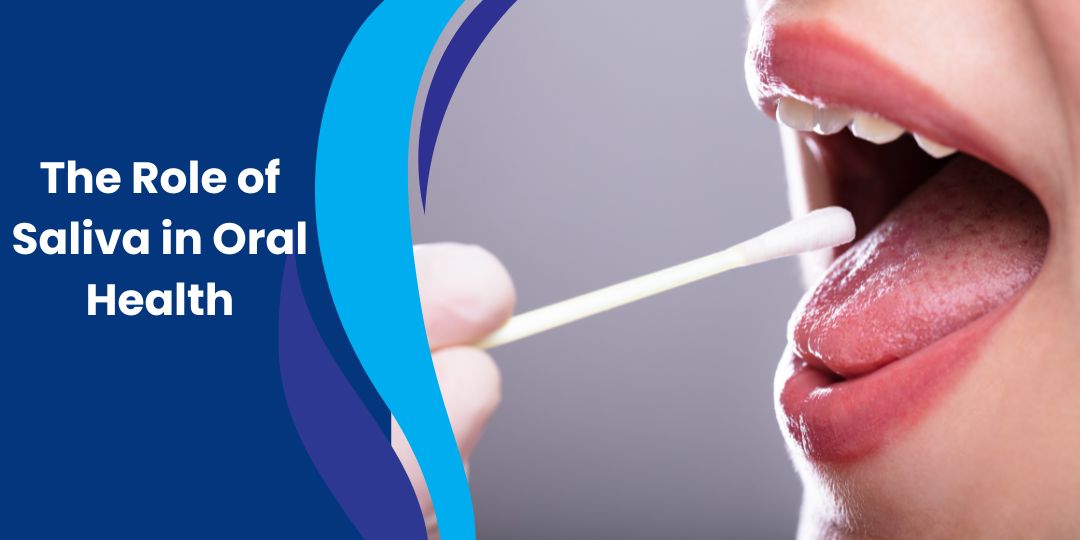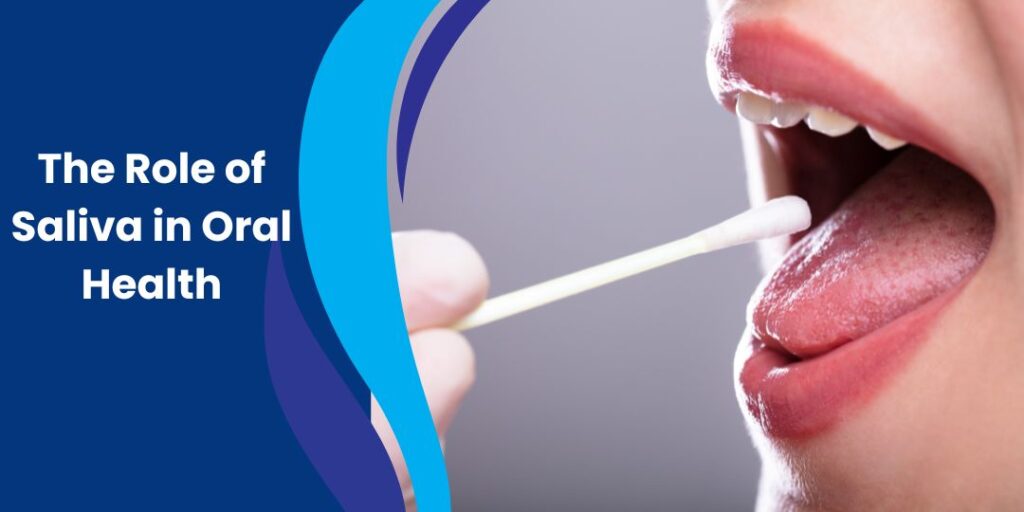
When it comes to oral hygiene, most people think about brushing, flossing, and visiting the dentist. However, there’s an often-overlooked yet powerful ally in your mouth working quietly every day—saliva. This clear, watery fluid does much more than just keep your mouth moist. It plays a vital role in protecting your teeth, maintaining the health of your gums, and aiding digestion. According to Dr. Saswati Sahu, a highly regarded dental expert and the best dentist in Kharadi, understanding the role of saliva can help people take better care of their oral health.
What is Saliva Made Of?
Saliva is composed mainly of water—about 98%—but the remaining 2% includes essential components like enzymes, proteins, electrolytes, and antibacterial compounds. These elements are produced by the salivary glands and work together to maintain the health and function of the entire oral cavity.
Key Functions of Saliva in Oral Health
1. Natural Defense Against Cavities
Saliva plays a critical role in preventing tooth decay. After you eat, bacteria in your mouth produce acids that can damage your tooth enamel. Saliva helps neutralize these acids and wash away food particles, reducing the risk of cavities. It also helps maintain a balanced pH level in the mouth.
2. Tooth Remineralization
Saliva contains essential minerals like calcium and phosphate. These minerals help repair early enamel erosion caused by acid attacks. This process, called remineralization, helps strengthen teeth and reverse minor damage before it turns into a cavity.
3. Cleansing the Mouth
One of the most important jobs of saliva is keeping your mouth clean. It constantly flushes out food particles, dead cells, and bacteria. This not only helps maintain fresh breath but also reduces the accumulation of plaque and the chances of oral infections.
4. Fighting Bacteria and Infections
Saliva has natural antibacterial and antifungal properties thanks to enzymes like lysozyme, lactoferrin, and immunoglobulins. These components help reduce the population of harmful microbes, keeping infections like gingivitis and oral thrush at bay.
5. Aiding Digestion
Saliva starts the process of digestion in the mouth. The enzyme amylase begins breaking down starches into simpler sugars as soon as you start chewing. This makes food easier to swallow and helps the digestive process run smoothly.
6. Protecting Soft Tissues
Beyond protecting teeth, saliva helps maintain the health of your gums, tongue, and inner cheeks. It forms a protective barrier and keeps tissues hydrated, which prevents irritation, ulcers, and soreness.
7. Enhancing Taste and Speech
Saliva dissolves food particles so they can interact with taste buds, allowing you to fully enjoy different flavors. It also helps in articulating speech clearly by keeping your mouth and tongue lubricated.
The Problem of Dry Mouth (Xerostomia)
When the body doesn’t produce enough saliva, it can lead to a condition called xerostomia or dry mouth. This can be uncomfortable and harmful to your oral health. Common causes include:
-
Certain medications (antidepressants, antihistamines, etc.)
-
Dehydration
-
Smoking or alcohol consumption
-
Medical conditions like diabetes or Sjögren’s syndrome
-
Radiation therapy targeting head and neck
Symptoms of dry mouth include:
-
Sticky or dry feeling in the mouth
-
Cracked lips
-
Difficulty speaking or swallowing
-
Bad breath
-
Increased risk of cavities and gum disease
If you experience these symptoms regularly, it’s essential to seek advice from a professional. The best dentist in Kharadi can diagnose the cause and recommend appropriate treatments or lifestyle changes.
How to Promote Healthy Saliva Production
Maintaining a healthy flow of saliva is essential for oral health. Here are some effective tips:
-
Stay Hydrated: Drink plenty of water throughout the day.
-
Chew Sugar-Free Gum: Stimulates the salivary glands, especially after meals.
-
Avoid Tobacco and Alcohol: Both can decrease saliva production.
-
Limit Caffeine Intake: Caffeine can also contribute to dry mouth.
-
Use a Humidifier at Night: Helps prevent dry mouth while sleeping.
-
Eat Crunchy Fruits and Vegetables: Foods like apples and carrots can stimulate saliva.
-
Visit Your Dentist Regularly: A professional can assess your oral environment and provide preventive care.
Saliva as a Diagnostic Tool
In recent years, saliva has also gained attention as a diagnostic fluid. It can provide insights into both oral and systemic health. Certain diseases, such as diabetes, hormonal imbalances, and even some cancers, can be detected early through changes in saliva composition.
Saliva is truly one of the most powerful tools your body uses to maintain a healthy mouth. From protecting your teeth and gums to aiding digestion and speech, it does a lot of work behind the scenes. Yet, it’s often taken for granted—until something goes wrong.
By understanding the importance of saliva and taking steps to protect it, you can significantly improve your oral and overall health. For expert advice and personalized dental care, consult Dr. Saswati Sahu, widely recognized as the best dentist in Kharadi. Her experience and patient-focused approach ensure that your mouth stays in its healthiest, most natural state.


